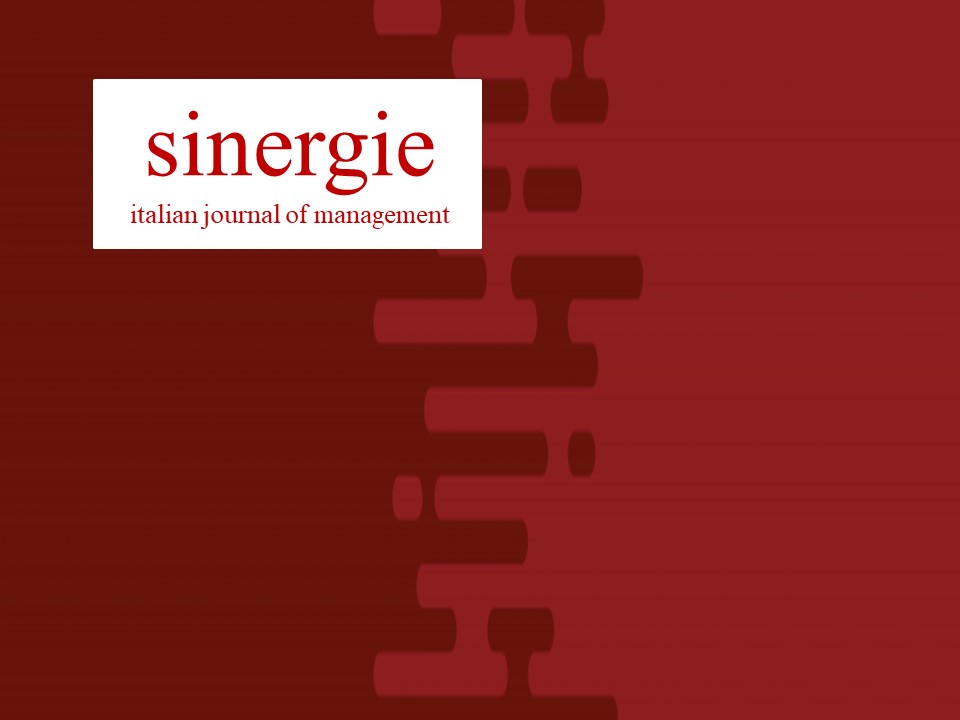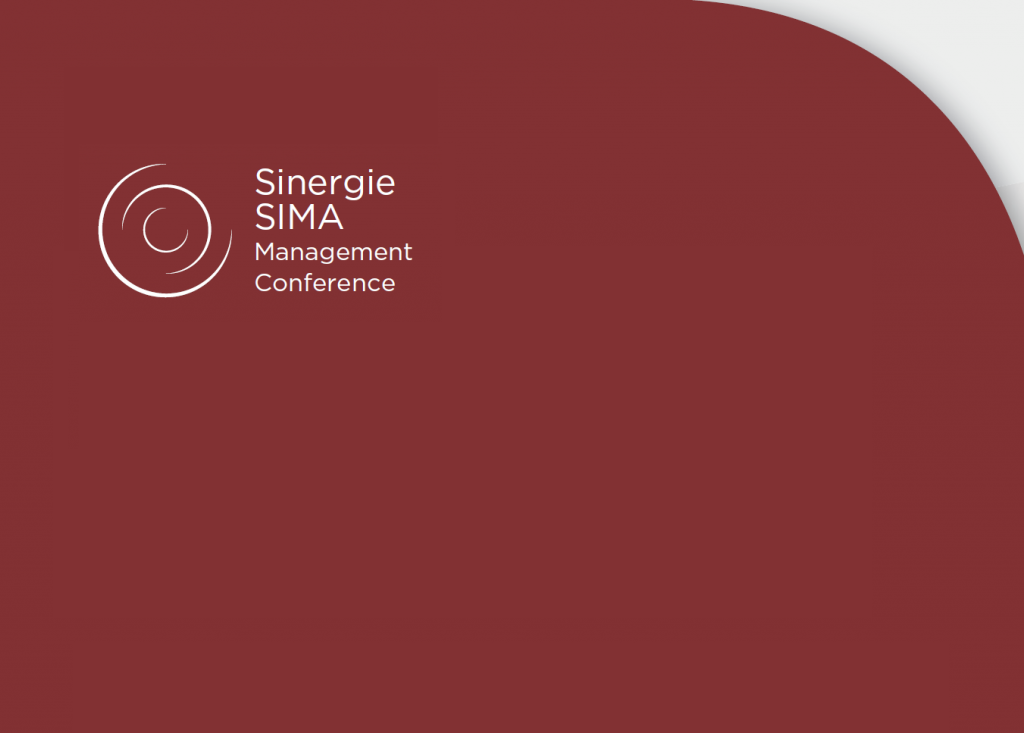Public policies and corporate strategies for successful models in waste management
Citizens overall satisfaction of public utility services and, more specifically, of waste management services, is influenced by many factors. It is challenging, providing an objective quantification of users perceived quality, as the parameters that should be considered are characterised by a remarkable multidimensionality that narrows any possible comparison. EU has settled some general principles for waste management that can be considered as a valid starting point for European countries. That set of norms and principles follows a hierarchal organization that goes from preventing garbage production and recycling to garbage dumps. This hierarchy if on one hand let EU countries implement the norms autonomously, on the other helps in achieving a balanced effectiveness both in management and environmental practices (such as reducing garbage dumping and processing) through safeguarding the constraints imposed by social acceptability. This paper analyses Italian regional performances in waste management, and aims to outline those public policies that leaded to best practices; it will also underline those business dynamics and practices that helped to achieve superior performance. A reasoned literature review of public services will be provided to support research questions and prepositions based on the analysis of secondary data previously collected.


